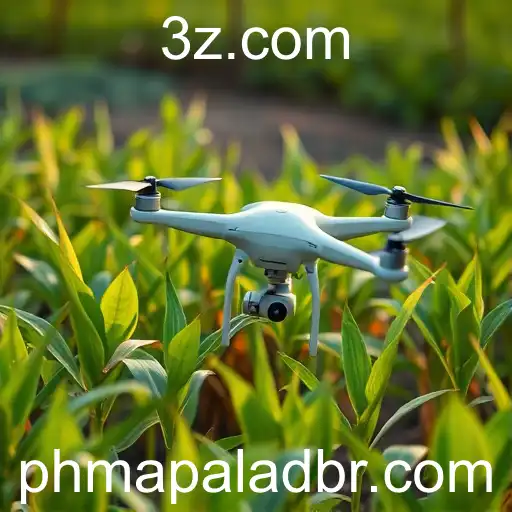
Exploring how digital innovations are reshaping the agricultural landscape and ensuring sustainable practices.
As the world continues to grapple with food security challenges, the role of technology in agriculture has become increasingly vital. In recent years, e-Agriculture has emerged as a pivotal force, integrating advanced technologies with traditional farming practices to create more efficient and sustainable agricultural systems. This transformation is being driven by innovative solutions aimed at optimizing productivity, managing resources, and ensuring food safety.
E-Agriculture employs a variety of digital tools, including data analytics, Internet of Things (IoT) devices, and remote sensing technology, to enhance decision-making processes on farms. By leveraging these technologies, farmers can monitor crop health in real-time, accurately predict weather patterns, and manage resources such as water and fertilizers more efficiently. This digital transformation not only boosts yields but also reduces environmental impact, aligning with global sustainability goals.
One key area where e-Agriculture is making significant strides is in precision farming. This technique involves using detailed data to manage field variations in crops, thereby optimizing returns on inputs while preserving resources. For instance, drones equipped with sensors can survey fields to assess crop stress and soil health, providing farmers with valuable insights to tailor their farming practices accordingly.
Another critical aspect of e-Agriculture is its ability to promote transparency and traceability within the food supply chain. Digital platforms and blockchain technology are being utilized to ensure that products can be traced from farm to table, thus bolstering consumer confidence in food safety and quality. This transparency not only benefits consumers but also enables producers to access new markets by meeting stringent international standards.
Despite these advancements, challenges remain, particularly in developing regions where access to digital infrastructure and education is limited. Bridging this digital divide is essential to ensure that farmers worldwide can benefit from e-Agriculture innovations. Public-private partnerships and international collaborations are crucial in driving investment in rural connectivity and providing training for farmers to effectively use digital tools.
The future of e-Agriculture looks promising, with continued innovations aimed at solving some of the most pressing issues in agriculture today. As technology evolves, it is vital that stakeholders collaborate to create sustainable and inclusive agricultural systems that can nourish the global population while preserving our planet for future generations.




